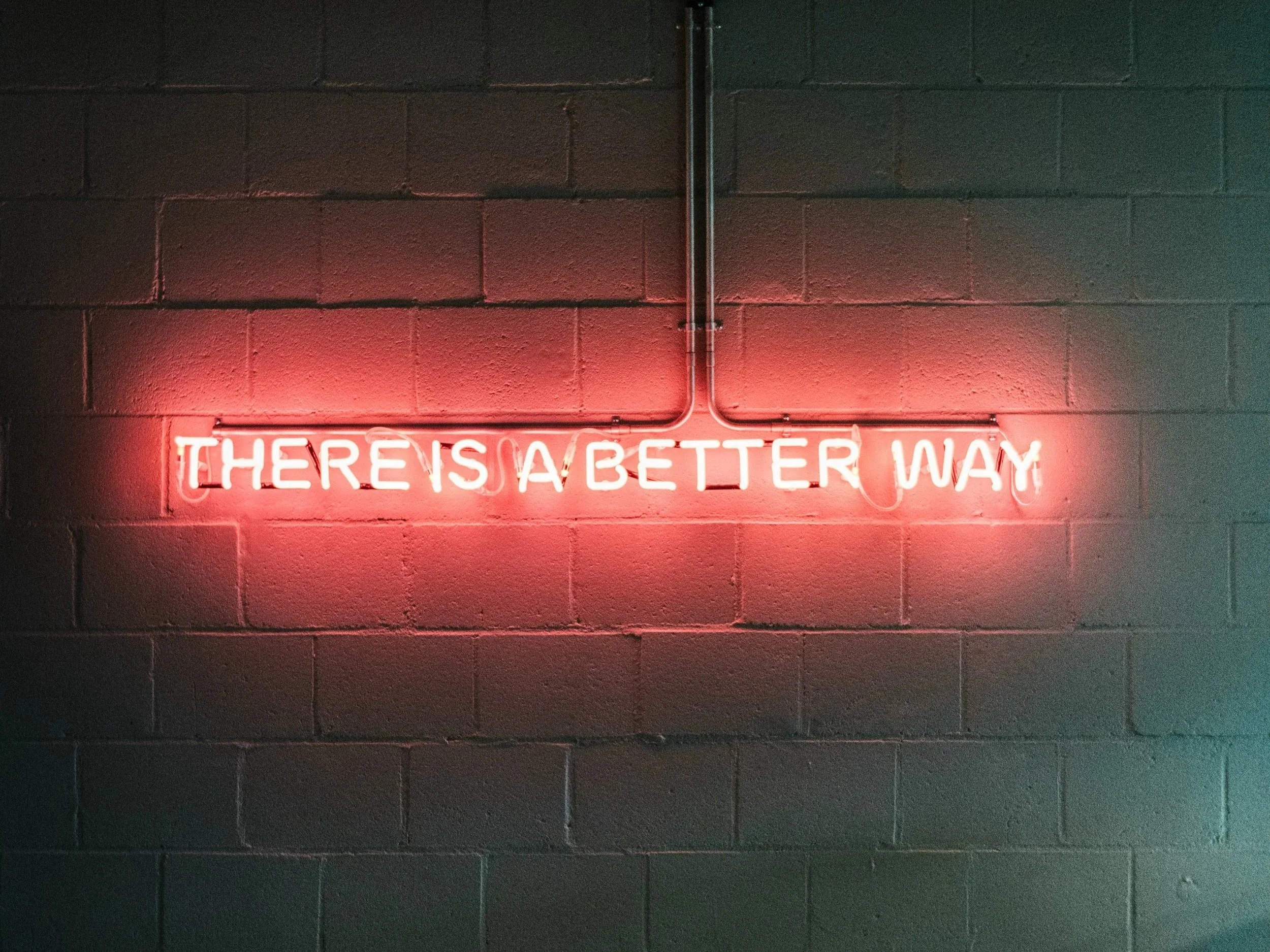Dogmas: can your company unspoken truths limit its innovation?
Do you ever stop to question the unspoken truths that surround you? Whether you like it or not we are surrounded by them and they are easy to overlook during our busy and laser-focused lives. Recently, in our article club at Hemnet, we discussed the topic of dogmas, which made me reflect on their role in driving or stopping learning and innovation within an organization.
What exactly is a dogma? It's a statement taken for granted, widely accepted as true within a certain context. In a work setting, dogmas often manifest as the guiding principles or unwritten rules that define how we operate. You might call them your "religion”.
Consider, for example, common workplace dogmas such as "we never deploy on Fridays.” Or ” To grow the business we need to differentiate our revenue streams with this specific target group”. They provide structure and guidance, yet they can also become barriers to innovation if left unquestioned. If truths are too thick into the walls, they can also hinder our ability to adapt and evolve.
My key takeaway from our discussions was the importance of striking a balance between embracing dogmas and remaining curious about them.
How to do it? I have two tips
Acknowledge and find a way to question your dogmas
Do not overlook the dogmas hidden in the smaller things
1- Acknowledge and find a way to question your dogmas
Think of a world where you question everything you believe in, all the time. What an exhausting thought, I envision constant unbalance and the impossibility to move forward.
Now think of a world where you never question what you believe in. What stagnation I see in front of me, staying still while the world around us changes.
Navigating dogmas is exactly navigating the double sword of moving forward while not changing your mind all the time. Dogmas have an important role in helping us navigate the complex environment where we act.
In product development having dogma and processes gives us a sense of control over a complicated and ever-changing environment. But only counting on dogmas can also be what kills our product, or even our company.
So, when should we question our dogmas? While there's no one-size-fits-all answer, I went back to my experience and identified some signs that point to the fact that it may be time to reevaluate:
Macro shifts in the landscape
Changes in the market, technological advancements, or shifts in consumer behavior can signal the need to reassess our fundamental beliefs. Ignoring these signals can leave us vulnerable to disruption. Questioning how a company operates and makes money is a difficult thing to do, yet it is sometimes necessary.
Here is an example of when I witnessed how a dogma that was not questioned put the company at risk.
The belief was that the customer base valued convenience and fast delivery over price. This belief brought the company to where it was: product-market fit and growth. Yet, that same belief on what the users wanted and valued, was now putting the company at risk as a disruptor was winning customers over and proving that price is king. The signals?
The customer base was slowly shrinking
The order volumes were not growing as they should have
The competition was taking market shares.
It was a slow movement, but it was there. Only by questioning that very first belief at its business core, the company came back on track.
Can technical development impact the way your product is used (hello AI), is your monetization slowing down, or do you see some part of your user base choosing a competitor over you?
Once macro-factors seem to have an impact on your business, it is time to question your most-rooted dogmas. Questioning the way your company operates is hard. Yet could be the only way to survive
Fresh perspectives
When new team members question our ways of working, it's an opportunity to reexamine our assumptions. Their fresh eyes may uncover blind spots or inefficiencies that we've overlooked.
As important as things happening outside of the system, is when someone new that steps into the system can’t understand why it is working in a certain way.
If someone with new eyes raises an eyebrow on something, it could be anything from processes, focus, or even what we celebrate, it’s a signal that you have a dogma. If the eyebrows start to be two, three, or even five, then I think is time to at least ask ourselves the question: is what served us still serving us?
Picture courtesy of Ava Sol via Unsplash
2- Do not overlook the dogmas hidden in the smaller things
It's not just the big-picture dogmas that matter; the smaller, everyday beliefs can also shape our organizational culture and effectiveness.
Consider practices like assigning individual ownership to rituals instead of empowering the entire team to take it, or equating productivity with adding more people. These seemingly innocuous beliefs can accumulate, slowing our ability to adapt and innovate.
To recognize these hidden dogmas, we must listen to the more subtle signals and also embrace friction.
When someone asks "Why?" and there's no clear answer, or when already-heard ideas provoke skepticism rather than enthusiasm, it's a sign that our dogmas may be holding us back.
In conclusion, dogmas are something to reflect upon as they are both a source of stability and a potential barrier to progress. I am curious, how do you identify and act on your dogmas?
Here is the article that we read and kick-started my reflections



